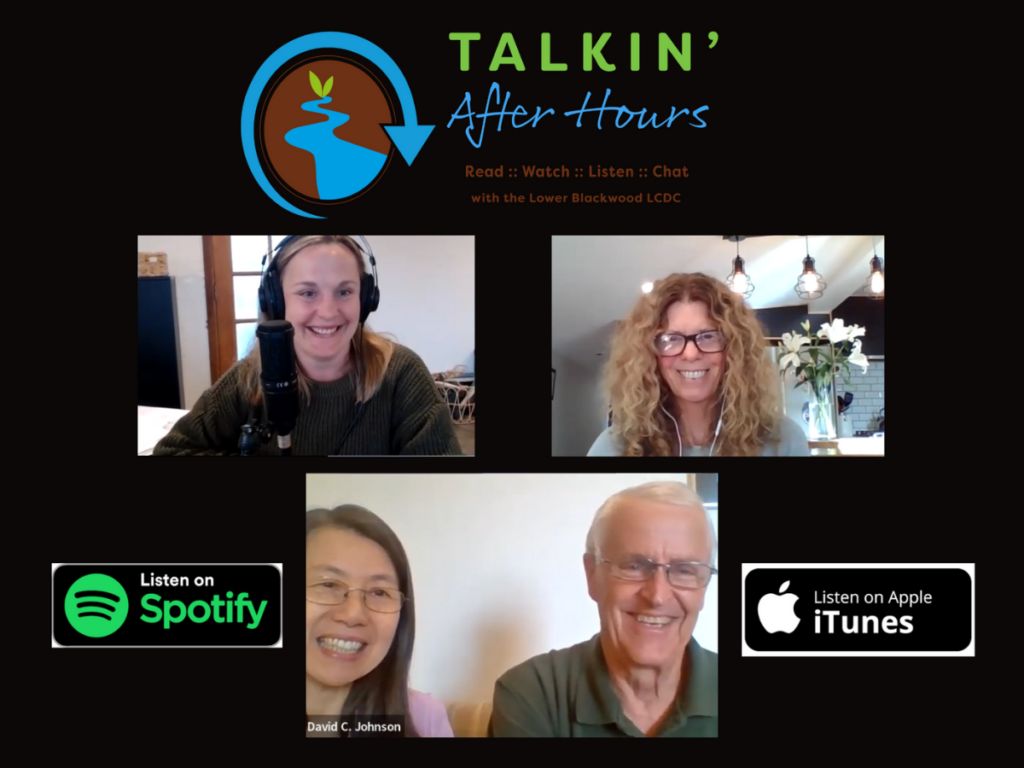Community stories: 29 September 2023
Karridale, in the Blackwood region of southwest Western Australia, is home to a rich agricultural community. Established in 1991, the Lower Blackwood Land Conservation District Committee (LBLCDC) draws its membership from local landholders who have an interest in sustainable agricultural and land management practices that will protect and conserve their special environment.

There is growing interest and awareness among local farmers of regenerative agriculture principles as a way to sustainably manage their land and productivity and strengthen their drought resilience. However, the LBLCDC identified a need for greater understanding of these principles, as well as how to implement them.
They noted a lack of access to resources and expertise to support farmers in creating resilient and responsive landscapes. They also saw the need for more peer-to-peer support and believed that conversations could combat isolation and foster a sense of community among local farmers.
In 2022, the LBLCDC decided to develop an online community forum and information hub that could bring the community together to connect and learn. Supported by the Australian Government’s Future Drought Fund, FRRR provided $49,850 through the Networks to Build Drought Resilience program to assist the LBLCDC with the design and delivery of their digital platform.
Driven by a content manager, the establishment of their online community (known as Talkin’ After Hours) allowed for the development of significant new drought resilience content. Although hampered by short timelines, the platform produced and delivered six webinars and five podcasts, with a further podcast, six written pieces and six short videos also developed and ready for release over the coming months. Each piece of content focused on one farm landscape management component that assists land managers to prepare for drought.
Feedback from platform users has been incredibly positive, with one user noting that they got more useful information from one 90-minute Talkin’ After Hours webinar “than in a whole year’s worth of ag school”.
“The easy access and on-demand format of the content allows landholders to access learning opportunities and information at a time and place that is convenient for them. It also offers the ability to share ideas, discuss and compare notes on issues, actions and solutions with other community members in a safe and convenient space, and promotes a more adaptable and resourceful community.”
The LBLCDC has been excited by the level of engagement with the platform, based on webinar registrations and content download figures. Across the six webinars delivered, there were 525 registrations and 11,175 YouTube views. In addition to this, there were 1,482 downloads of the podcasts. There was an even split of male and female participants involved, with a broad range of community members engaging with the project. While 70% of participants were between 45-64 years of age, it’s anticipated that given the online delivery format of the project, engagement will continue to grow, particularly with younger community members as they access podcasts and webinars recordings.
This new network is expected to expand as new community members become aware of the project. Going forward, they intend to continue expanding the platform to reach more community members as they release their developed content, and also intend to engage with their local Indigenous group, the Undalup Association Inc, for their input and ideas on content.
Talkin’ After Hours has increased the social connection of Lower Blackwood farmers and landholders. The interactive and engaging platform has helped build their resilience to future drought and fostered community and connection by developing a cohesive, relevant and applicable resource base for individual and community learning.
“The ability to be able to share ideas, discuss and compare notes on issues, actions and solutions with other community members in a safe and convenient space has and will promote a more adaptable and resourceful community.”

